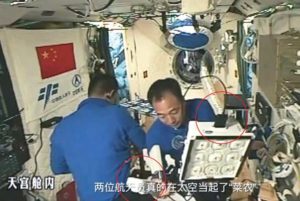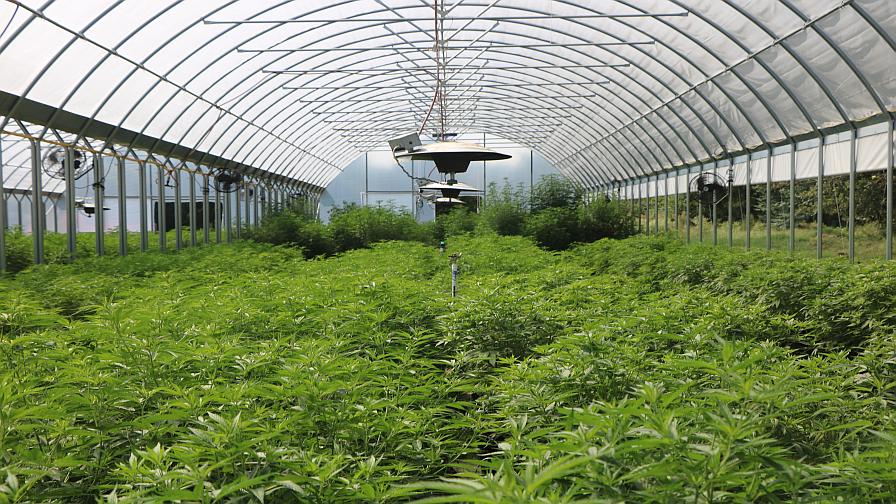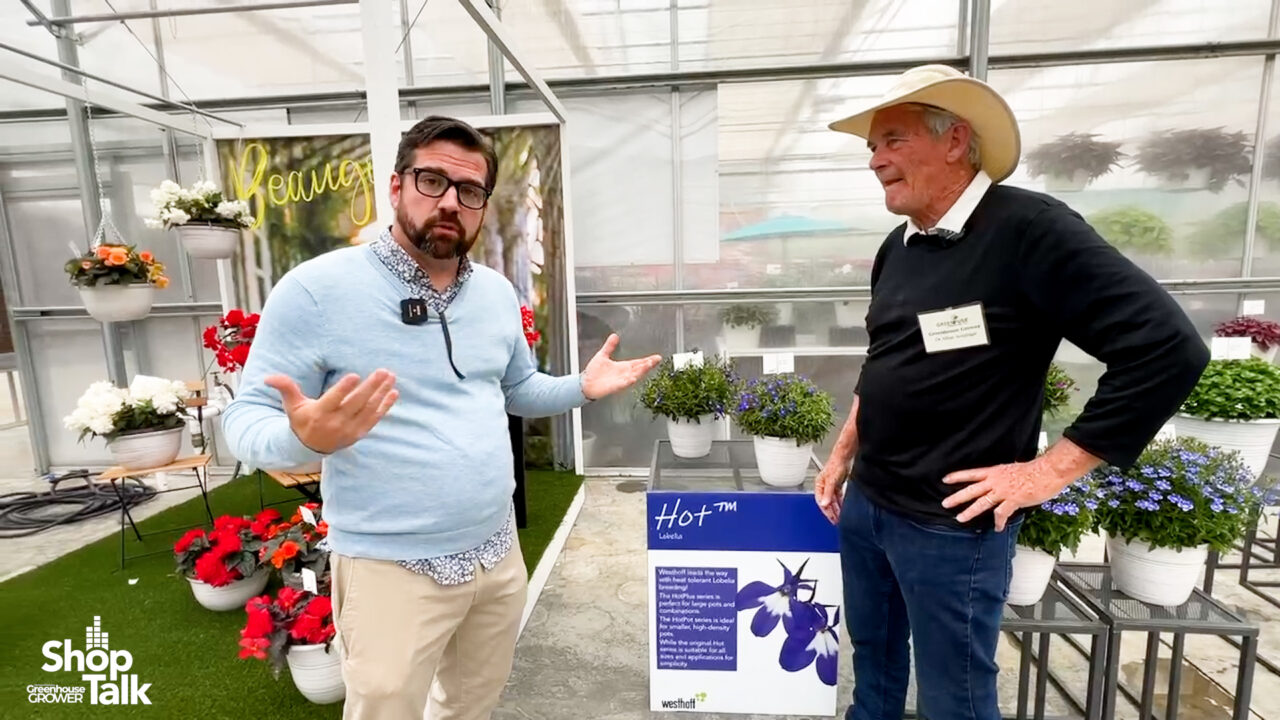Greenhouse Environmental Sensor is Truly “Out of This World”
 Greenhouse growers who have used Delta-T Devices’ WET Sensor to measure their greenhouse’s environmental conditions now have something in common with astronauts.
Greenhouse growers who have used Delta-T Devices’ WET Sensor to measure their greenhouse’s environmental conditions now have something in common with astronauts.
Delta-T’s multi-parameter WET Sensor has been used by Chinese astronauts aboard the Tiangong-2 Space Lab. Tiangong-2, whose name means “Heavenly Palace,” was launched on Sept. 15, 2016, and is designed to allow Chinese scientists to test the life support technologies needed to create a permanently staffed space station by 2022.
Two Chinese astronauts, Jing Haipeng and Chen Dong, spent 30 days aboard the Space Lab carrying out numerous experiments, one of which was to cultivate lettuce plants within the weightless atmosphere.
The astronauts initiated the plant growing project on day two of their stay, setting up a culture system consisting of 3D-printed cultivation boxes filled with vermiculite. Unlike Earth-bound growing techniques, the astronauts watered the vermiculite first, before inserting the seeds. They then covered the surface with plastic wrap.
Artificial lighting was provided for 14 hours a day to allow photosynthesis, and air was injected into the roots of the plants.
The WET Sensor played a key role in the experiment, providing frequent data on substrate moisture, temperature, and pore water conductivity (EC). This information allowed the astronauts to precisely assess growing conditions (including nutrient values) on a regular basis.
“On entering the Space Lab on the fifth morning, we found the seeds had germinated,” says Haipeng. “We were happy, so we took a lot of photos and informed ground staff.”
“The WET Sensor is used by thousands of growers around the world to help maintain optimal growing conditions,” says John Newstead of Delta-T Devices. “We were naturally thrilled to discover that China’s space team had the confidence to use our instrumentation in such an important and exciting study.”










